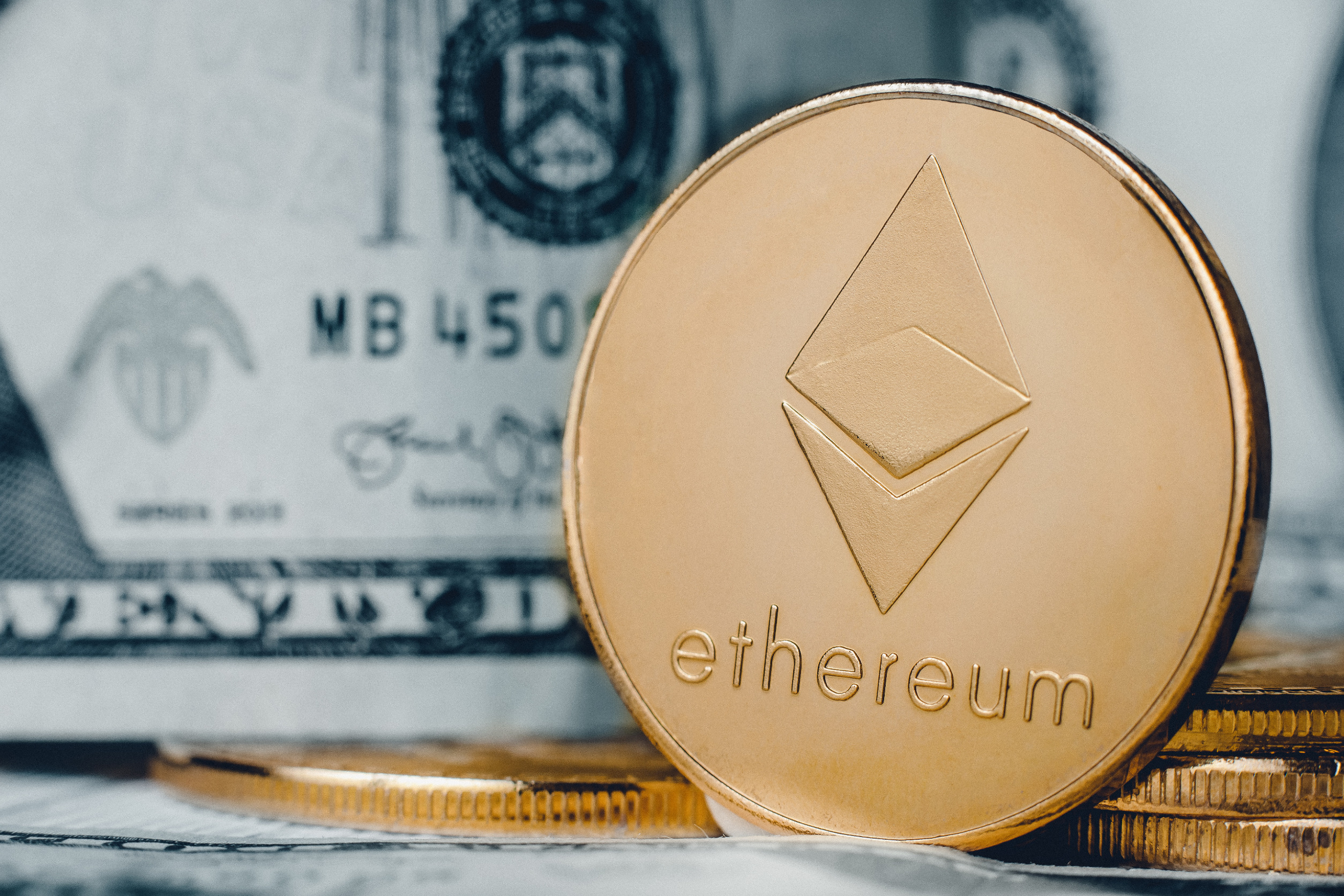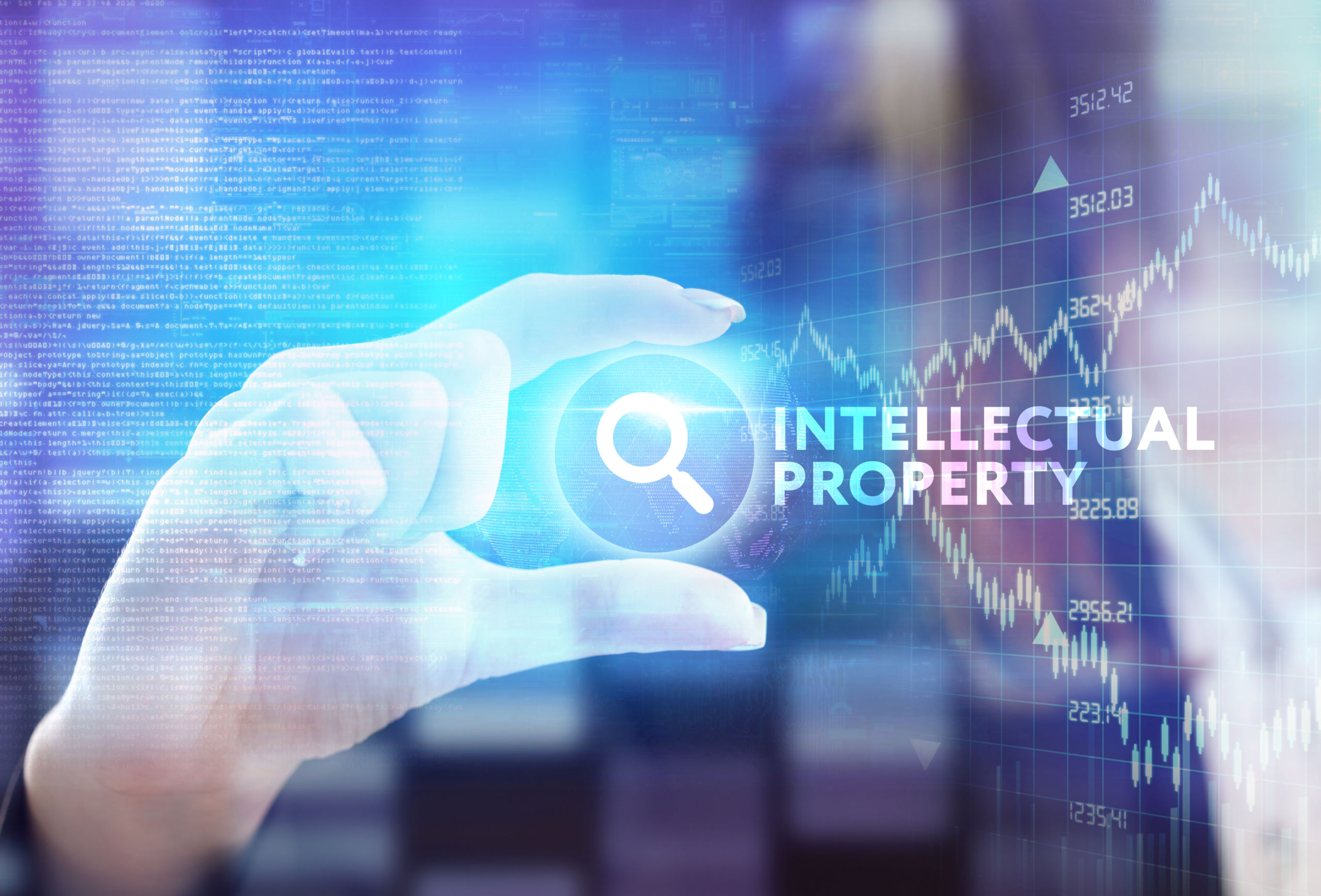By: Editorial Staff, Date: January 24th, 2023
Modern businesses are experiencing breakthroughs in technological advances. In the digital assets space, the rise of non-fungible tokens, better known as NFTs, plays no exception to these innovations. Their convenient use lures many investors and individuals to explore its promising growth opportunities.
More to authenticating ownership of a resource, identity is secured through blockchain technology. That is why many are still confident to jump on the bandwagon despite its legal issues. Read on and discover how NFTs can benefit today’s businesses and at most- modern living.

What are NFTs?
NFTs are tokens representing real-world resources or objects from art, music, collectibles, in-game items, real estate, etc. As tokens, they have built-in authentication that proves ownership of an item. An Ethereum blockchain, a secured digital ledger online that records all the transactions, supports its authentication and ownership.
As NFTs are non-fungible, it simply means that they cannot be duplicated or replaced –that makes them unique from all other digital assets like cryptocurrencies.
Examples of NFTs
- Ticket to a virtual event
- An in-game item
- Digital artwork
- Videos and other media
Convenient uses of NFTs
To a large extent, NFTs are thriving in today’s era of technological innovations. In the future, NFTs are apt to grow in popularity and importance. This digital asset is expected to benefit different folks in life- in their everyday business.
Here are some applications of NFTs and more are expected to come:
- NFTs are booming in the world of arts
- Tokenization of real-world resources
- Digital identifications
- Perfect for the gaming industry
- Supply chain transparency


